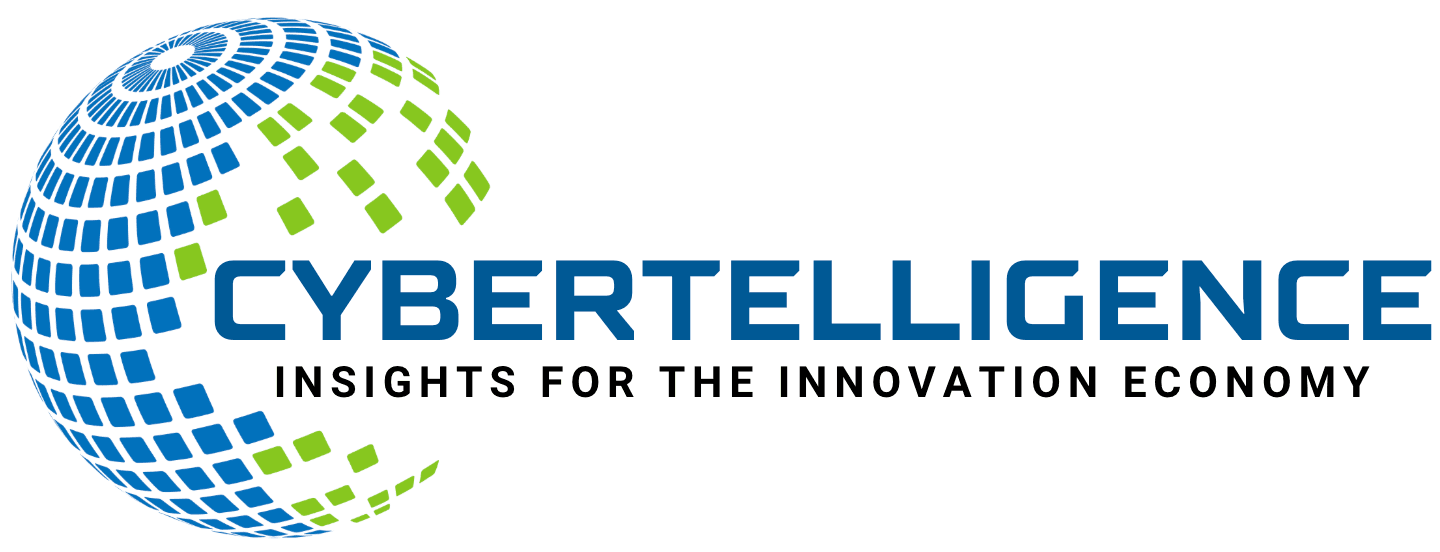Copywriting is a crucial aspect of marketing and advertising, as it involves the creation of persuasive and compelling content that aims to drive consumer action. Whether it’s through print, digital, or multimedia platforms, effective copywriting can make a significant impact on a company’s bottom line. It’s not just about writing catchy slogans or taglines; it’s about understanding the target audience, their needs, and how to communicate a message that resonates with them. Good copywriting can influence consumer behavior, build brand awareness, and ultimately lead to increased sales and revenue.
In today’s digital age, the demand for skilled copywriters is higher than ever. With the rise of social media, content marketing, and e-commerce, businesses are constantly in need of engaging and persuasive copy to stand out in a crowded marketplace. Copywriting is not just about writing; it’s about understanding the psychology of persuasion, storytelling, and the art of crafting a message that connects with people on an emotional level. As such, the impact of copywriting extends far beyond just words on a page; it’s about creating an experience that resonates with consumers and drives them to take action.
Researching LLM Programs
When considering pursuing a Master of Laws (LLM) program, it’s essential to conduct thorough research to find the right fit for your academic and career goals. LLM programs vary in terms of specialization, curriculum, faculty, and opportunities for practical experience. It’s crucial to consider factors such as location, reputation, and alumni network when researching potential programs. Additionally, it’s important to look into the specific areas of law that each program focuses on, as this will determine the depth and breadth of your legal education.
In addition to traditional research methods such as browsing program websites and reading student testimonials, it can be beneficial to reach out to current students and alumni to gain firsthand insights into the program. Attending information sessions, open houses, or virtual events can also provide valuable opportunities to learn more about the program and connect with faculty and staff. Ultimately, thorough research is essential to ensure that you select an LLM program that aligns with your academic and professional aspirations.
Choosing the Right Program for Your Goals
Choosing the right LLM program is a significant decision that can have a lasting impact on your legal career. It’s essential to consider your long-term goals and how a particular program can help you achieve them. Whether you’re interested in specializing in a specific area of law, pursuing academic research, or gaining practical legal experience, it’s important to choose a program that offers the resources and opportunities to support your ambitions. Additionally, factors such as location, cost, and potential for networking and professional development should also be taken into account when making your decision.
It’s also important to consider the reputation and accreditation of the program, as this can affect your future job prospects and opportunities for further education. A program with a strong track record of producing successful graduates and a robust alumni network can provide valuable connections and resources for your legal career. Ultimately, choosing the right LLM program requires careful consideration of your personal and professional goals, as well as an understanding of how each program aligns with your aspirations.
Curriculum and Course Offerings
The curriculum and course offerings of an LLM program play a crucial role in shaping your legal education and preparing you for your future career. When evaluating potential programs, it’s important to consider the range of courses available, as well as any opportunities for specialization or concentration in specific areas of law. Additionally, it can be beneficial to look into any experiential learning opportunities such as clinics, externships, or practical skills courses that can provide hands-on experience in legal practice.
Furthermore, it’s important to consider the faculty and their areas of expertise when evaluating the curriculum of an LLM program. A diverse and experienced faculty can offer valuable insights and mentorship that can enhance your educational experience. Additionally, it can be beneficial to look into any opportunities for interdisciplinary study or collaboration with other departments or programs within the university. Ultimately, the curriculum and course offerings of an LLM program should align with your academic interests and career goals, providing a solid foundation for your future legal practice.
Faculty and Industry Connections
The faculty and industry connections of an LLM program can have a significant impact on your educational experience and future career prospects. A strong faculty with diverse expertise and experience can provide valuable mentorship and guidance as you navigate your legal education. Additionally, faculty members who are actively engaged in legal practice or research can offer valuable insights into current trends and developments in the legal field. It’s important to consider the accessibility and approachability of faculty members when evaluating potential programs, as this can affect your ability to seek guidance and support throughout your studies.
Furthermore, industry connections and partnerships can provide valuable opportunities for networking, internships, and job placement. Programs that have strong ties to local law firms, government agencies, or international organizations can offer valuable connections and resources for students seeking practical experience or employment opportunities. Additionally, industry partnerships can provide access to guest speakers, networking events, and other professional development opportunities that can enhance your educational experience and prepare you for your future legal career.
Internship and Job Placement Opportunities
Internship and job placement opportunities are crucial considerations when evaluating potential LLM programs. Practical experience in the form of internships or externships can provide valuable hands-on experience in legal practice and help you build a professional network within the legal community. It’s important to consider the resources and support that a program offers for securing internships or externships, as well as any connections or partnerships with local law firms or organizations that can facilitate these opportunities.
Additionally, job placement support is an important factor to consider when evaluating potential LLM programs. Programs that offer career counseling, resume assistance, interview preparation, and networking events can provide valuable support as you navigate your job search. It’s important to look into the track record of a program in terms of job placement rates and success stories of graduates who have secured positions in their desired fields. Ultimately, internship and job placement opportunities are essential considerations when choosing an LLM program that aligns with your career goals.
Networking and Professional Development
Networking and professional development opportunities are essential components of an LLM program that can enhance your educational experience and prepare you for your future legal career. Programs that offer networking events, guest speaker series, alumni connections, or mentorship programs can provide valuable opportunities to connect with legal professionals and build a professional network within the legal community. Additionally, it’s important to consider any resources or support that a program offers for developing essential professional skills such as communication, leadership, and business acumen.
Furthermore, programs that offer access to professional development workshops, seminars, or certificate programs can provide valuable opportunities to enhance your skills and knowledge beyond the traditional classroom setting. It’s important to consider the accessibility and availability of these resources when evaluating potential programs, as they can play a crucial role in preparing you for success in your future legal career. Ultimately, networking and professional development opportunities are essential considerations when choosing an LLM program that aligns with your academic and career goals.
In conclusion, pursuing an LLM program is a significant decision that requires careful consideration of various factors such as curriculum, faculty, industry connections, internship opportunities, job placement support, networking events, and professional development resources. Thorough research is essential to ensure that you select a program that aligns with your academic interests and career goals. By evaluating these factors and choosing the right program for your aspirations, you can set yourself up for success in your future legal career.




